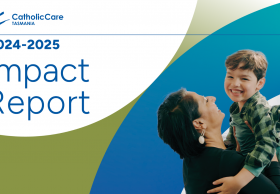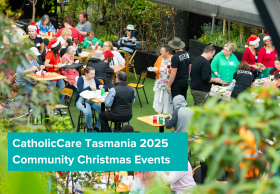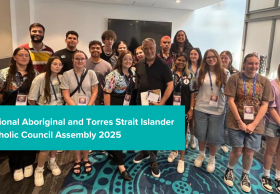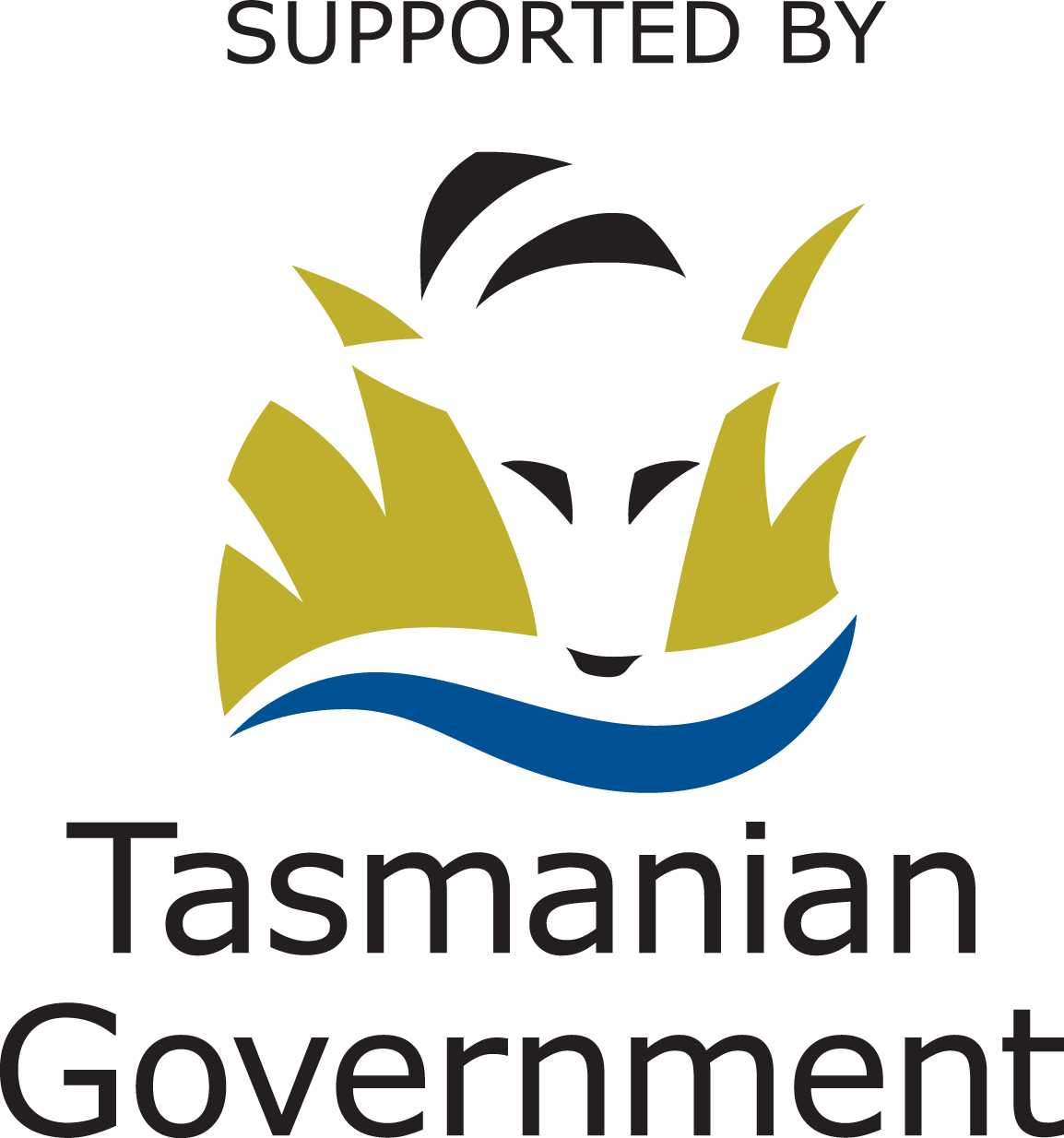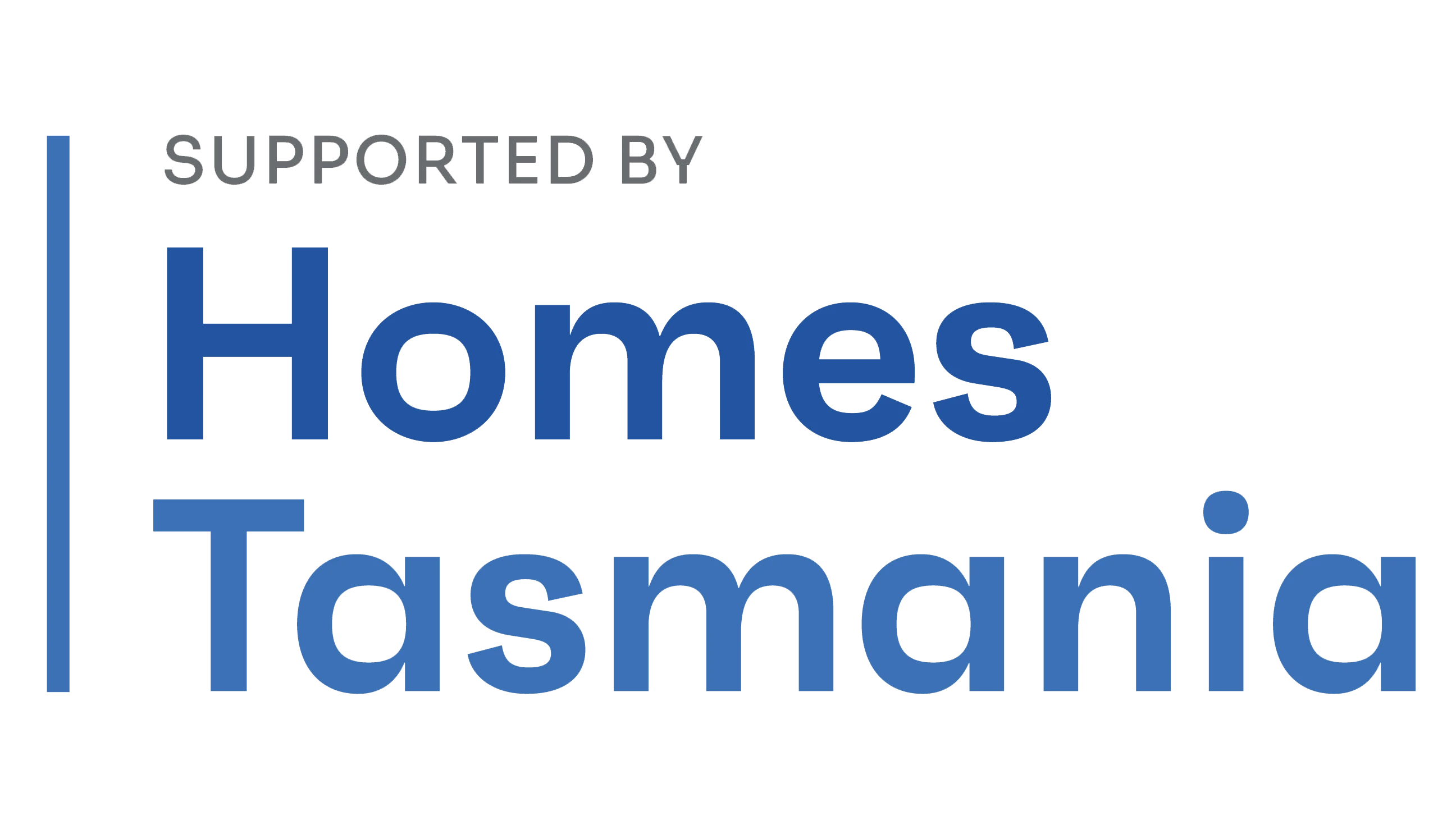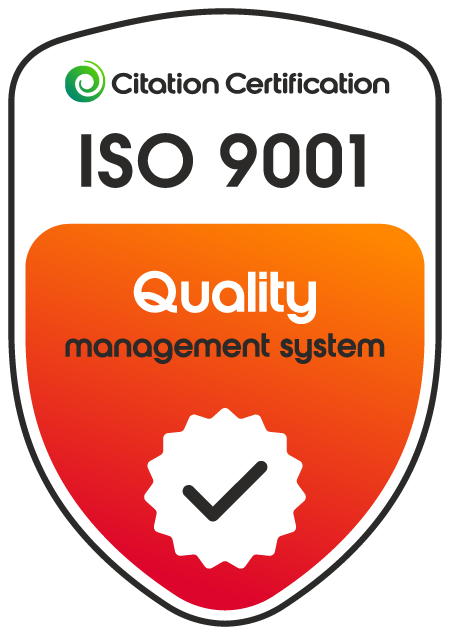CatholicCare Tasmania is managing new supported accommodation for young people at risk of homelessness.
The initiative, funded by Homes Tasmania, has delivered 20 new modular one-bedroom units across four sites at Launceston, Devonport, South Burnie, and Mornington. Another 10 larger public housing properties with a minimum of three bedrooms will provide a greater degree of independence for young people.
Premier Jeremy Rockliff and State Housing Minister Guy Barnett inspected the pods in the north Launceston suburb of Newnham in June.
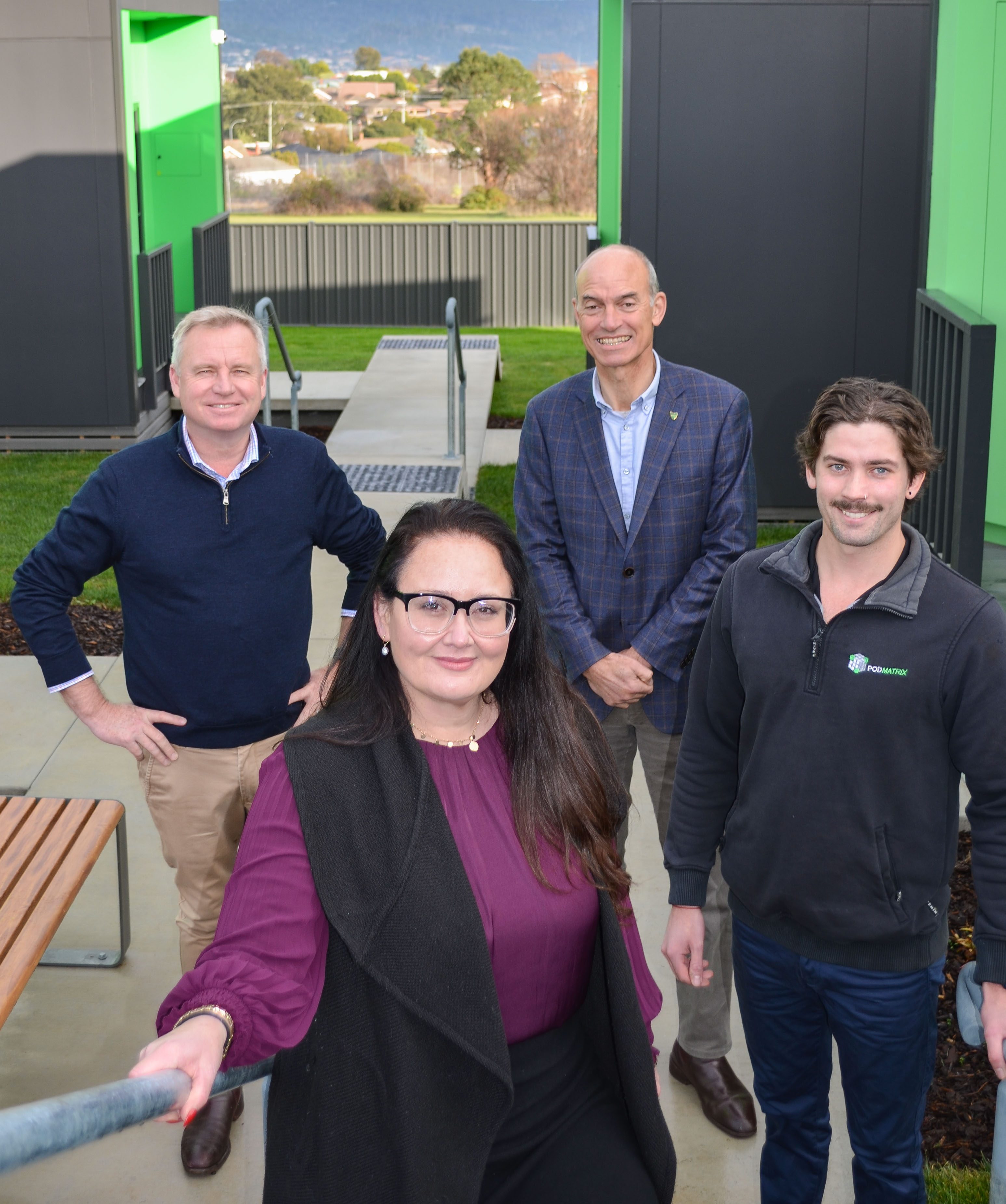
“Youth2Independence is a fantastic program … a program that involves a great partnership. So, with those partnerships with CatholicCare [and] Homes Tas we are supporting young people not only to be accommodated in really challenging times but also to be guided, mentored and to enable them to become very productive members of our community as well,” said Mr Rockliff.
“It’s a $5 million investment to provide housing and education and skills development, support and training, mentorship, and coaching. That will be provided in this case by CatholicCare. We thank them for their contribution,” said Mr Barnett.
Mr Barnett also toured newly constructed pods at Mornington in the State’s south with CatholicCare CEO Julia Mangan and Executive Manager Family and Community Services Andy Witt.
“CatholicCare is exceptionally excited to be working with Homes Tas and Government to be able to deliver this extremely innovative support model. We are very excited to have already had a lot of support from the community – community centres, businesses, and TasTAFE to be able to deliver a very innovative service that will work with young people to prevent homelessness into the future,” said Ms Witt.
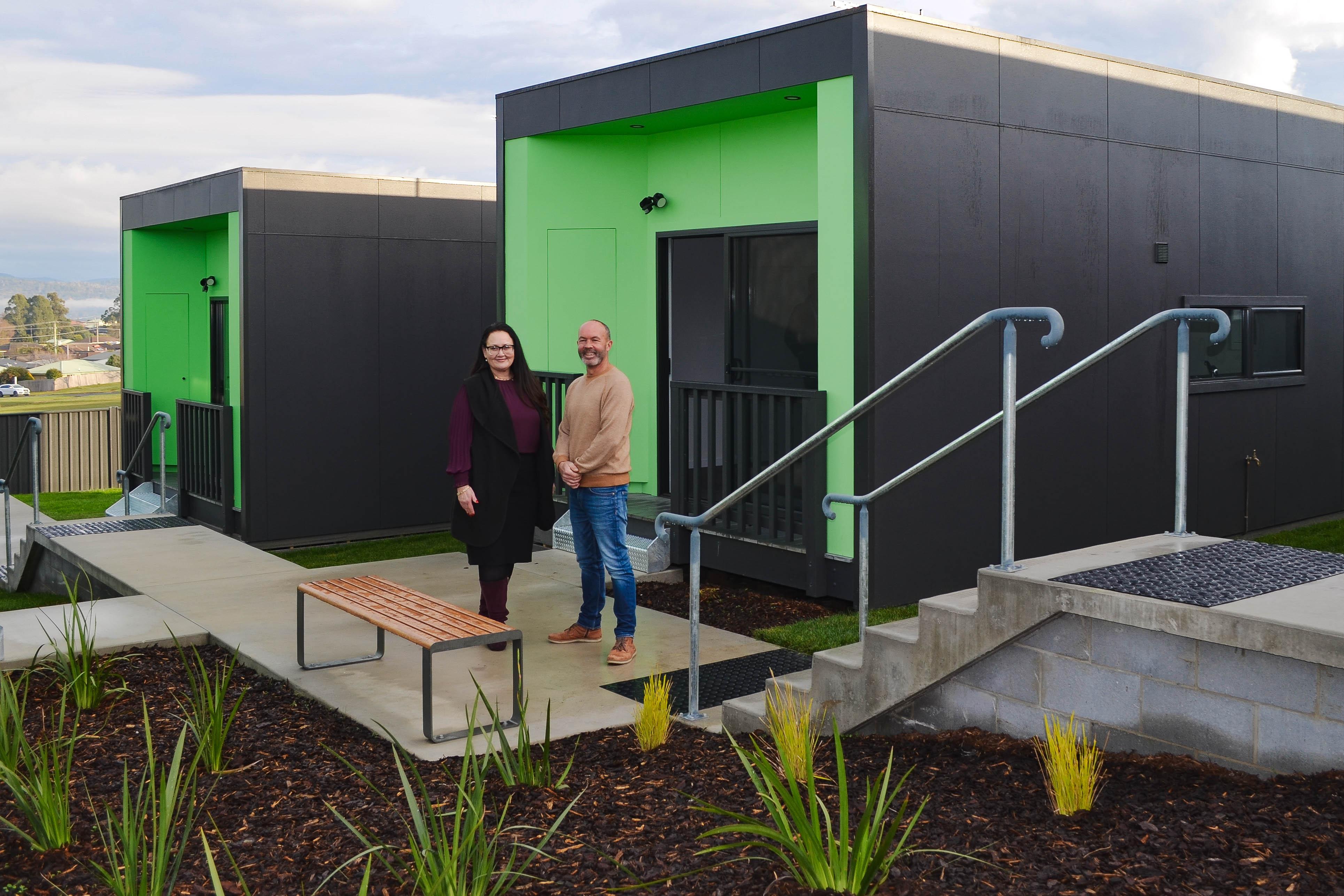
Michael Parkinson is the coordinator of Y2I Homes for CatholicCare Tasmania. He explained that Y2I offers accommodation and wide-ranging support for young people aged 16 to 24 to become independent and engage in education, training, and employment.
“In my experience, young people are full of potential and have a strong drive to want to engage in, and be part of, the wider community. It is very hard to do so when they don’t have access to housing, good support, or education.”
Y2I participants will learn a range of health, well-being, independent living, and social skills via a Developing Independence course and working one-on-one with a youth development coach.
“Education and employment get people out of crisis and help people support themselves,” Michael said.
“A job provides not just income but builds wider social connections and opportunities.”
The Y2I program aims to provide young people with pod housing for up to two years before they progress on to greater independence. In their second year of stay, the emphasis is on sourcing of further education, employment, and housing.
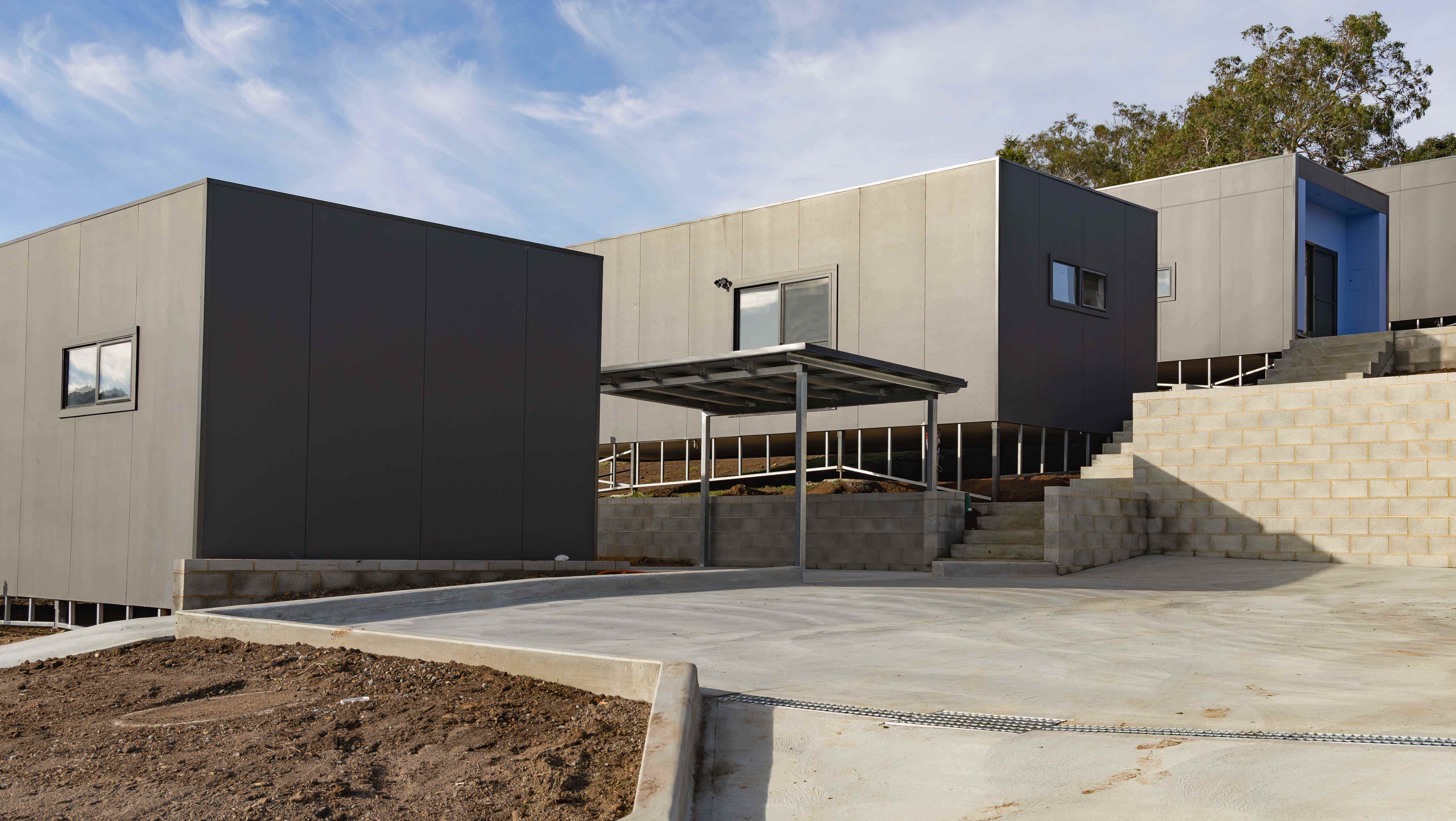
Michael has been involved in community service work for 25 years, with a focus on the ‘more complex of cohorts’, and always under the umbrella of housing. He said that demand for services such as this is ‘incredibly high’ with the 16-24 age group a highly represented and growing cohort in homelessness.
“This is a safe place for people to move forward with their lives and a safe place for people to come to be given an opportunity to make positive steps,” he added.
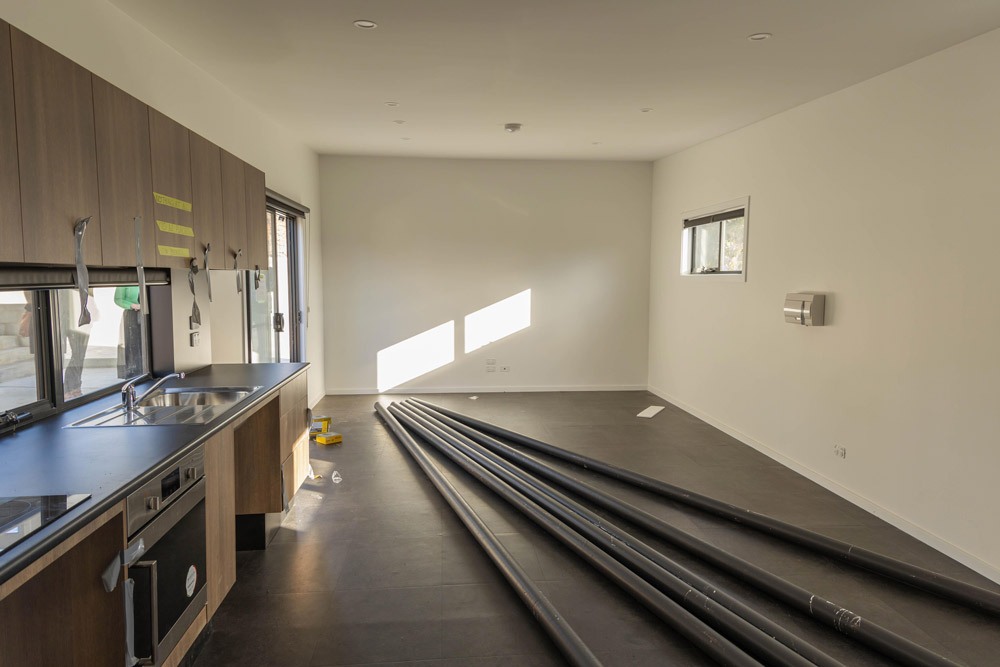
“I am confident that this program is going to be a great success. It is going to complement existing services, therefore providing the evidence more of these services are needed and wanted and tailored to the specific cohorts. Most importantly, this is wonderful for the many people that will benefit from this type of service.”
Access to the Y21 cluster homes is via referral from specialist services to Housing Connect, which is a support service for people who are homeless or at risk of homelessness. If you are homeless or need housing assistance contact Housing Connect on 1800 800 558, 24hrs.
Other news you may be interested in
CatholicCare Tasmania is managing new supported accommodation for young people at risk of homelessness.
The initiative, funded by Homes Tasmania, has delivered 20 new modular one-bedroom units across four sites at Launceston, Devonport, South Burnie, and Mornington. Another 10 larger public housing properties with a minimum of three bedrooms will provide a greater degree of independence for young people.
Premier Jeremy Rockliff and State Housing Minister Guy Barnett inspected the pods in the north Launceston suburb of Newnham in June.

“Youth2Independence is a fantastic program … a program that involves a great partnership. So, with those partnerships with CatholicCare [and] Homes Tas we are supporting young people not only to be accommodated in really challenging times but also to be guided, mentored and to enable them to become very productive members of our community as well,” said Mr Rockliff.
“It’s a $5 million investment to provide housing and education and skills development, support and training, mentorship, and coaching. That will be provided in this case by CatholicCare. We thank them for their contribution,” said Mr Barnett.
Mr Barnett also toured newly constructed pods at Mornington in the State’s south with CatholicCare CEO Julia Mangan and Executive Manager Family and Community Services Andy Witt.
“CatholicCare is exceptionally excited to be working with Homes Tas and Government to be able to deliver this extremely innovative support model. We are very excited to have already had a lot of support from the community – community centres, businesses, and TasTAFE to be able to deliver a very innovative service that will work with young people to prevent homelessness into the future,” said Ms Witt.

Michael Parkinson is the coordinator of Y2I Homes for CatholicCare Tasmania. He explained that Y2I offers accommodation and wide-ranging support for young people aged 16 to 24 to become independent and engage in education, training, and employment.
“In my experience, young people are full of potential and have a strong drive to want to engage in, and be part of, the wider community. It is very hard to do so when they don’t have access to housing, good support, or education.”
Y2I participants will learn a range of health, well-being, independent living, and social skills via a Developing Independence course and working one-on-one with a youth development coach.
“Education and employment get people out of crisis and help people support themselves,” Michael said.
“A job provides not just income but builds wider social connections and opportunities.”
The Y2I program aims to provide young people with pod housing for up to two years before they progress on to greater independence. In their second year of stay, the emphasis is on sourcing of further education, employment, and housing.

Michael has been involved in community service work for 25 years, with a focus on the ‘more complex of cohorts’, and always under the umbrella of housing. He said that demand for services such as this is ‘incredibly high’ with the 16-24 age group a highly represented and growing cohort in homelessness.
“This is a safe place for people to move forward with their lives and a safe place for people to come to be given an opportunity to make positive steps,” he added.

“I am confident that this program is going to be a great success. It is going to complement existing services, therefore providing the evidence more of these services are needed and wanted and tailored to the specific cohorts. Most importantly, this is wonderful for the many people that will benefit from this type of service.”
Access to the Y21 cluster homes is via referral from specialist services to Housing Connect, which is a support service for people who are homeless or at risk of homelessness. If you are homeless or need housing assistance contact Housing Connect on 1800 800 558, 24hrs.
Other news you may be interested in
Other news

